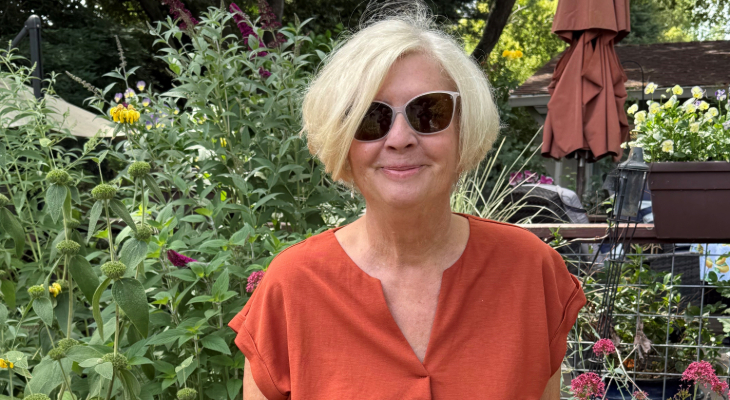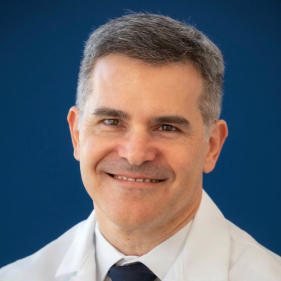Barbara Tiney didn't expect much from the Koa Family Program, a health and well-being program for heart failure patients at UC Davis Health.
As a retired nurse, she had already done a lot of research on her diagnosis: heart failure with preserved ejection fraction. She understood the importance of eating well and staying active. But what surprised her most was how healing it felt to connect with other women facing the same diagnosis.
"We all needed someone to talk to, someone besides our doctor who truly understood what we were going through," Tiney reflected. "In each other, we found that support. We became more than just program participants — we became a family."
A whole health approach to heart failure
The Koa Family Program was created by the Prevention Policy & Practice Group (3PG) at the UC Davis Center for Healthcare Policy and Research. It uses a "whole health" approach to support women's well-being. This means looking at the full picture — mind, body and spirit. It also means helping participants improve their health through better eating, regular exercise, stress management and weight control.
"We aim to foster empowerment and self-care by supporting individuals to become active participants in their own health journey — building confidence and strengthening the skills needed for effective self-management," explained Julia Smith, who serves as a certified health coach for the program.
Thanks to strong results from earlier weight loss program trials led by Desiree Backman, chief of 3PG, the whole health program was adapted for patients with heart failure. Backman and co-investigator, Neal Kohatsu, a 3PG physician-researcher, obtained funding for the work through a grant from the Rosenfeld Foundation.
"We believe that there is growing evidence that a whole health lifestyle approach can have benefits for individuals with a variety of chronic diseases including cardiovascular disease and diabetes," explained Backman.
Kohatsu agreed, recommending that "a Mediterranean diet, regular physical activity and stress management make up an optimal lifestyle for just about everyone."

Finding strength in shared experience
During the 14-week program, Smith led sessions over Zoom. She provided education, encouraged group connections and helped guide participants through each step of the journey.
"Julia was a remarkable facilitator," Tiney said. "She made us feel truly heard and valued — not just as patients, but as people."
The community setting creates a caring space where people support each other and help each other stay on track. By sharing stories and talking openly, everyone learns from one another and sees how important each person's voice is.
"Beyond nutrition and exercise, we talked about how we were really feeling," Tiney recalled. "Some of us had been living with the condition for over 20 years, while others were newly diagnosed. Hearing their stories gave me hope. Their strength helped me feel less afraid."
Following the 14-week course, Tiney and her newly found "family" didn't want their time together to end. So, the group decided to organize Zoom reunion sessions to stay connected.
"We didn't want it to end — we had just started to really get to know each other," shared Tiney. "It's important to continue what Koa is all about. It's a healing process."
So far, the group has held three reunion meetings and is currently planning a fourth.
"I wish this program were available to more people in the community," Tiney said. "We offered each other empathy — not just sympathy — and that helped me realize I have resilience. I can still live fully with my diagnosis."
"The whole health approach aligns with our broader vision of delivering comprehensive heart failure care - from prevention to advanced treatment."-Martin Cadeiras
Promising results, including weight loss and more physical activity
Results from the Koa Family Program for heart failure patients were promising. Based on self-report, a majority of the 17 participants were eating more healthily, were more physically active and reported weight loss and an improved sense of well-being.
"The whole health approach aligns with our broader vision of delivering comprehensive heart failure care — from prevention to advanced treatment," said Martin Cadeiras, clinical professor of cardiovascular medicine at UC Davis Health. "These encouraging results reinforce our commitment, and we're hopeful they will help us reach even more patients living with heart failure."







